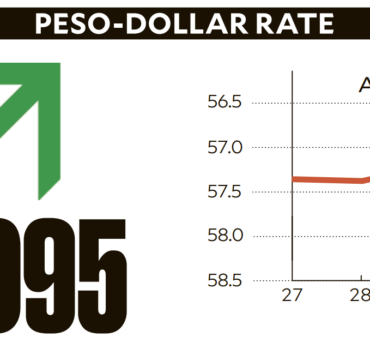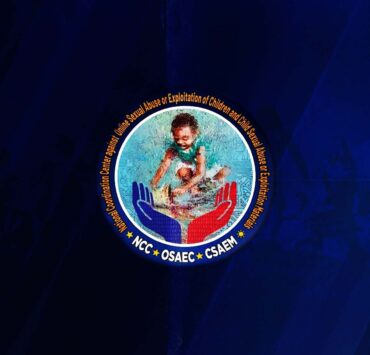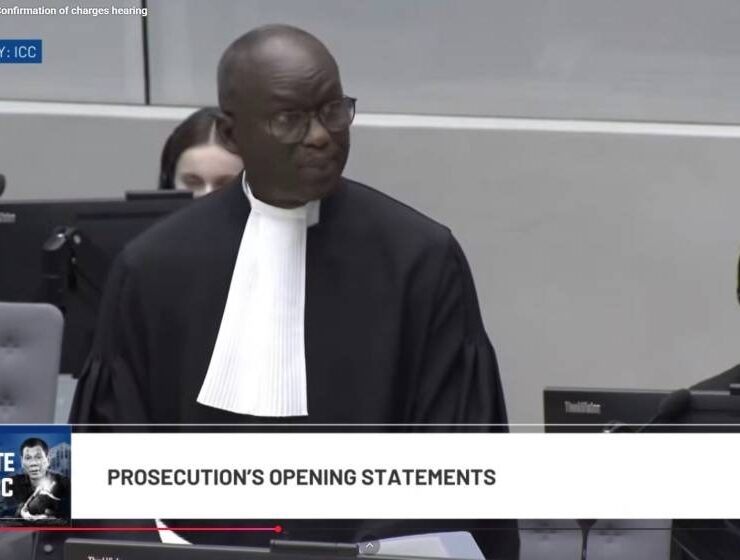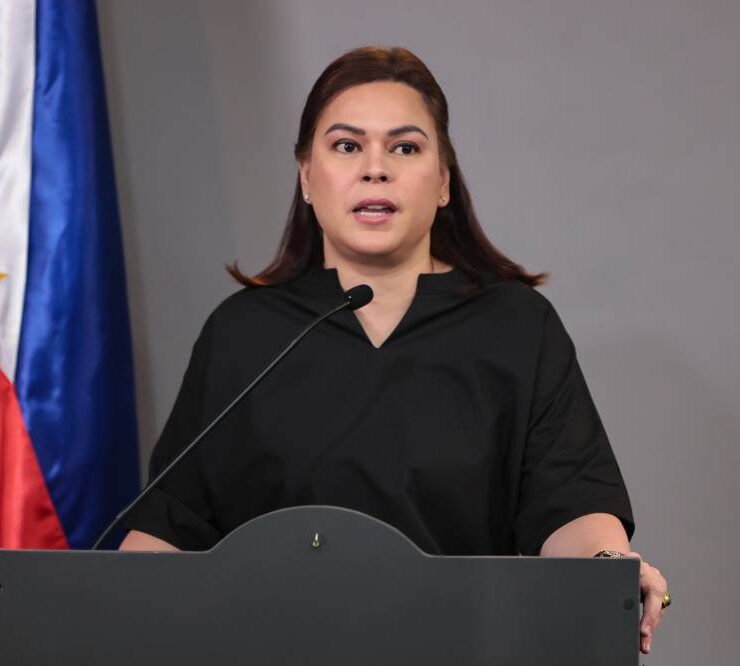Netanyahu rocked by ‘Qatargate’
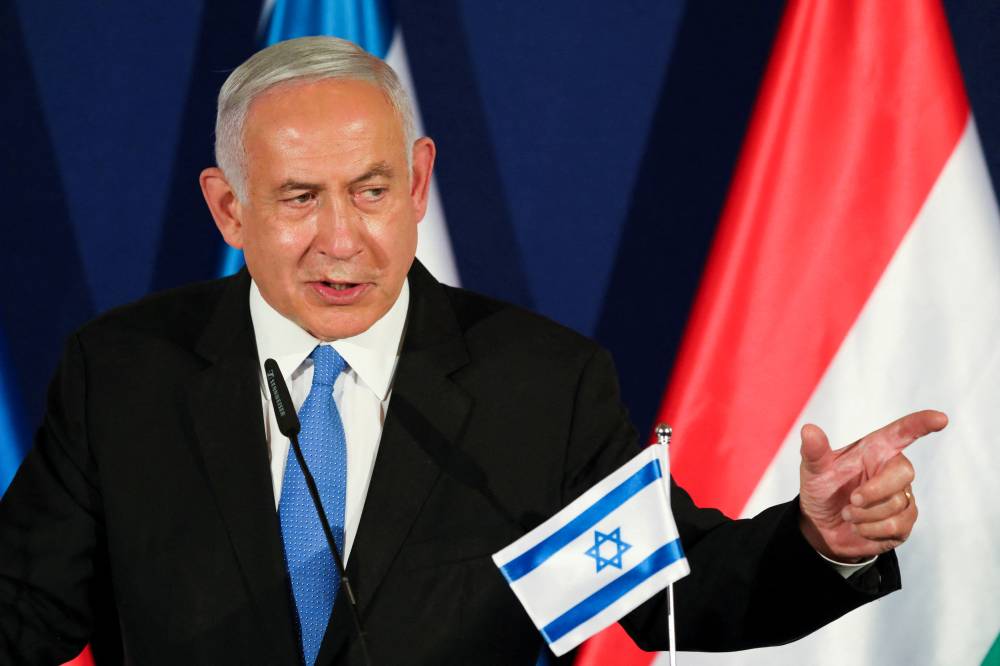
TEL AVIV—Prime Minister Benjamin Netanyahu’s office is once again ensnared in scandal after police arrested two of his close associates this week on suspicion of accepting money from Qatar to promote a positive image of the Gulf Arab state in Israel.
The affair has gripped Israelis because Qatar, a country that many view as a patron of Hamas, and which has no formal diplomatic ties to Israel, appears to have penetrated the highest corridors of power.
Qatar, which is a key mediator for Hamas in its ceasefire negotiations with Israel, denies backing the militant group.
Netanyahu has given a statement to police on the matter but is not a suspect in the case, which he says is baseless and meant to topple his rule.
The investigation is just the latest scandal to roil Netanyahu, who is the subject of a long-running corruption trial and regularly rails against a “deep state” that is out to get him.
‘Qatargate’
Critics say Netanyahu, the country’s longest-serving prime minister, has worked in recent years to undermine Israel’s state institutions, including its judiciary.
Most recently, they point to his attempt to dismiss the head of Israel’s domestic security agency, which is also investigating his office’s alleged links to Qatar.
Dubbed “Qatargate” by Israeli media, the investigation centers on accusations that two close advisers to Netanyahu—longtime media consultant Jonatan Urich, and former spokesperson Eli Feldstein—were hired to run a public-relations campaign to improve Qatar’s image among Israelis while it was negotiating on behalf of Hamas for a ceasefire in Gaza.
Payments were allegedly funneled through an American lobbyist.
According to a court document, the American lobbyist and Urich struck a “business connection” to positively promote Qatar and spread negative messages about Egypt, another important mediator in the Israel-Hamas ceasefire negotiations.
Detained
Feldstein was allegedly paid to pass on those messages to journalists. He and Urich could face charges of contact with a foreign agent, money laundering, bribery, fraud and breach of trust, according to Israeli media.
Other than financial gain, any other possible motives are unclear.
One Israeli journalist questioned in the case is Zvika Klein, the editor in chief of the Jerusalem Post, an English-language daily.
According to a report this week in the Post, Klein visited Qatar at the invitation of its government last year and subsequently wrote a series of articles about his impressions, one of which laid out Qatar’s case against Israeli claims that it backs the militant group.
Lawyers for Urich and Feldstein did not respond to requests for comment.
‘Abuse of office’
Netanyahu has slammed the probe as a political witch hunt and accused police of holding his advisers as “hostages”—wording that angered many in Israel because Hamas is still holding dozens captive inside Gaza after its Oct. 7, 2023, attack that ignited the war.
A judge on Tuesday extended the detentions of Urich and Feldstein, who has been indicted in a separate case involving the leak of classified information to a German tabloid.
If the new allegations are substantiated, “it’s an abuse of the office,” said Tomer Naor, of the Movement of Quality Government in Israel.














